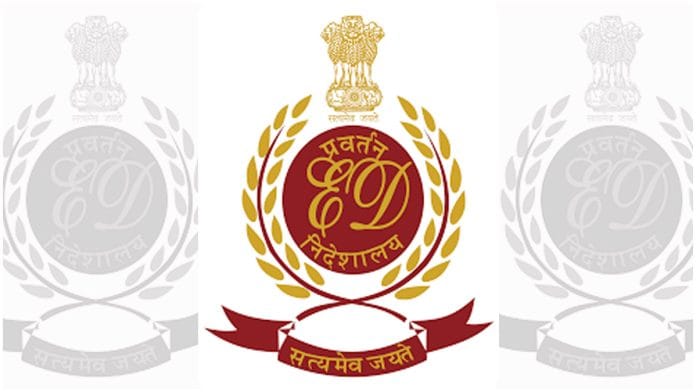New Delhi: Observing that the Prevention of Money Laundering Act (PMLA) do not allow for attachment of properties acquired by accused even before the period of scheduled offences, the Kerala High Court has quashed the Enforcement Directorate’s provisional attachment order of three properties in its probe into the alleged Karuvannur bank scam.
The bench of Justice Bechu Kurian Thomas observed Tuesday that three out of the five properties were acquired by the petitioner between 1987 and 1999, i.e., even before the enactment of the PMLA in 2002. The alleged offence took place between 2014 and 2020, it noted.
The judge wrote in his order after admitting a writ petition filed by a Thrissur businessman and his wife, who were accused of conspiring with the employees of the Karuvannur Service Co-operative Bank to obtain illegal loans and misappropriation of funds.
On 13 October last year, the ED had provisionally attached five of the couple’s immovable properties—three of which were acquired between 1987 and 1999 and two in 2015, claiming that total proceeds of crime amounted to Rs 2.13 crore.
ED’s probe that began in 2021 stems from Kerala Police’s case against six persons, including the secretary of the bank, on allegations that loans were disbursed since 2014 using forged documents and altering the bank’s software. The offence, according to the FIR, caused a loss of Rs 100 crore to the bank.
The Kerala HC judgement comes less than a fortnight after the Delhi High Court had made critical observations with respect to the definition of proceeds of crime and scheduled offence, which form the basis of money laundering investigation.
The Delhi HC had said that the proceeds of crime have to be generated as a result of scheduled offence (those specified under Part A, B or C of the Schedule under the PMLA). The collection of funds, it added, in an illegal way to commit scheduled offence in future is not an offence under the provisions of the PMLA.
‘Wholly without jurisdiction’
In his order, Justice Thomas of the Kerala High Court said that “proceeds of crime”, in the case of property, has been explicitly defined as those obtained or derived out of a criminal activity amounting to scheduled offence.
Hence, he said, the PMLA does not allow confiscation of all properties of people accused of having committed the offence of money laundering. Moreover, consequences of criminal activity cannot predate the actual criminal activity that is the basis of money laundering probe.
“The statute never intends to attach or confiscate all properties of a person connected with the crime. Moreover, the consequences of a crime cannot have a retroactive implication. Arbitrariness will loom large if the implication of a crime is extended to anything done before the crime itself was committed,” Justice Thomas wrote.
“The principle of ex post facto law, enshrined in Article 20 of the Constitution, protects against punishment or penalty for anything which was not an offence at the time it was committed. Though the said principle may not have application stricto sensu (in the strict sense) in relation to proceeds of crime, still the philosophy behind the concept cannot be brushed aside.”
While Section 5 of the PMLA authorises the ED to provisionally attach proceeds of crime, the judge observed that the only condition for attachment of properties unrelated to proceeds of crime is when the property derived out of the criminal activity was taken out of India or is held outside the country.
“Under no other circumstance does the statute mandate attaching a property unconnected with the proceeds of crime,” the HC judge asserted.
(Edited by Tony Rai)






